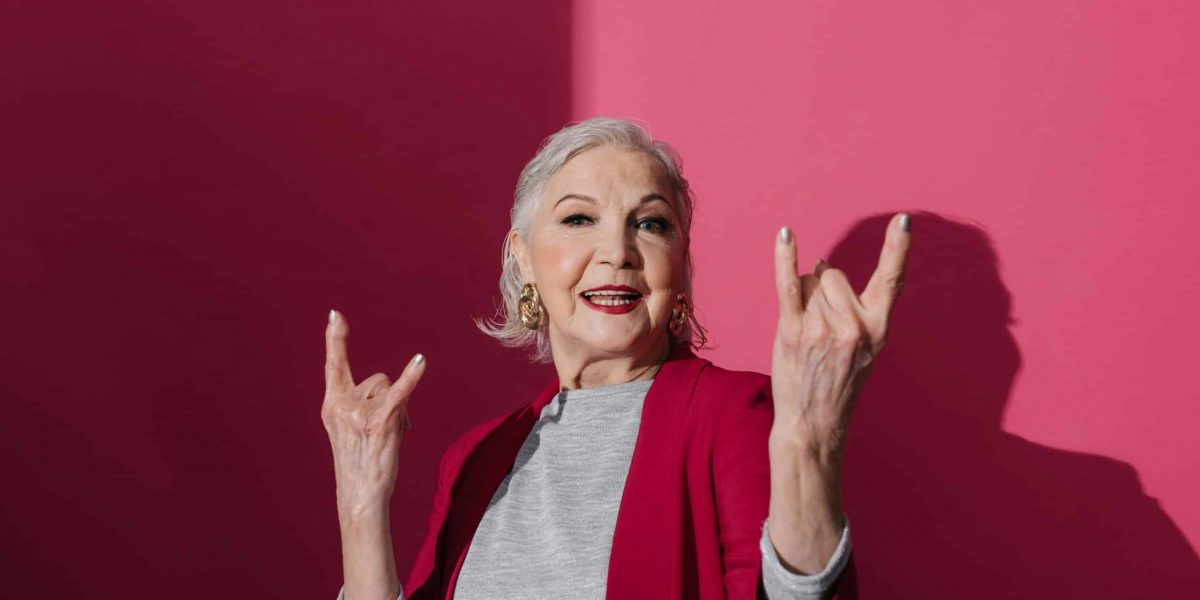In recent years, mental health has transitioned from a private matter to a mainstream conversation—and much of this shift is thanks to the influence of celebrities. From actors to musicians, celebrities are using their platforms to openly discuss mental health issues, advocating for wellness, and reshaping how we think about self-care. This has had a profound impact, especially as mental health struggles were often stigmatized in the past. Today, stars who are open about their experiences with mental health are empowering fans and promoting greater awareness. This movement is not just changing how we view mental health but also transforming the way we approach overall well-being.
Why Are Celebrities Speaking Out About Mental Health?
Celebrities have long held the power to influence public opinion, and today, many are using that power to bring attention to mental health issues. By speaking out about their own struggles, stars like Lady Gaga, Dwayne “The Rock” Johnson, and Selena Gomez are normalizing conversations around anxiety, depression, and other mental health challenges.
Mental health advocacy among celebrities isn’t just about sharing personal stories—it’s also about using their platforms to spark a broader cultural shift. According to industry experts, public figures discussing their mental health can break down stigma, making it easier for people to seek help and discuss their own challenges. Celebrities also leverage social media, engaging with their audiences in real time, which amplifies the reach of their message. Their openness has created a ripple effect, encouraging others to speak up, seek therapy, or simply acknowledge their struggles without shame.
This movement is significant because it challenges the outdated idea that mental health struggles are something to hide. Instead, it reinforces that everyone—from Hollywood elites to everyday people—can experience the same challenges. Celebrities openly acknowledge that mental health care is just as important as physical health care, encouraging society to prioritize it accordingly.
How Do Celebrities Influence Public Attitudes Toward Mental Health?
The way celebrities talk about mental health directly impacts how their fans and followers think about their own well-being. Through social media posts, interviews, and public campaigns, stars bring attention to mental health issues in a way that is accessible to millions. When high-profile celebrities like Kendall Jenner or Prince Harry share their personal battles with issues like anxiety or depression, it creates a sense of shared experience for those who may feel isolated in their struggles.
The rise of mental health-themed documentaries and advocacy campaigns backed by celebrities is helping to shape public attitudes. For example, Lady Gaga’s Born This Way Foundation advocates for youth mental wellness, while The Rock has spoken openly about his struggles with depression. These kinds of initiatives not only bring awareness to the importance of self-care, but they also encourage open dialogue and offer practical tools for managing mental health. Celebrities, with their massive following, are turning mental health from an invisible issue to a subject that demands attention, creating space for better understanding and support.
By normalizing discussions about self-care practices like therapy and meditation, celebrities are influencing a generation to take mental wellness seriously. This kind of widespread influence promotes healthier habits and offers a template for others to follow, proving that prioritizing mental health is not a trend, but an important movement.
What Impact Does This Movement Have on Society’s Approach to Wellness?
The mental health movement driven by celebrities is not limited to individuals—its effects are also felt across broader societal structures. In many ways, the public discourse on wellness has changed dramatically because of this shift. For example, as mental health becomes less stigmatized, we see more workplaces offering mental health days, educational institutions prioritizing mental well-being programs, and healthcare providers recognizing the value of integrated care that addresses both physical and emotional health.
On a cultural level, the way we talk about self-care has transformed. What once might have been viewed as a luxury or indulgence is now recognized as an essential practice. Celebrities have played a critical role in changing this narrative, making it clear that mental wellness isn’t a privilege reserved for a select few but a universal need. By emphasizing the importance of boundaries, rest, and mental clarity, stars encourage their followers to take time for themselves and prioritize their emotional needs.
This movement is prompting the media and entertainment industries to provide more accurate portrayals of mental health in movies, TV shows, and music. Historically, mental health was often misrepresented or stigmatized in pop culture, but now, thanks to public figures’ involvement, it’s being depicted more realistically and empathetically.
The ripple effect of celebrity influence on mental health has made discussions about wellness not just a fleeting trend but an ongoing cultural conversation. Celebrities’ advocacy continues to inspire individuals and organizations to be more open about mental health and approach wellness in a holistic manner.








